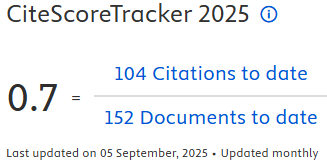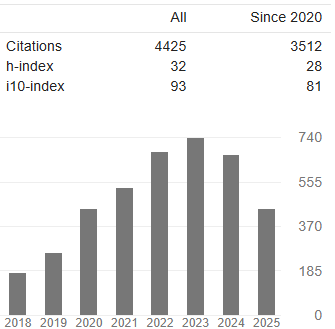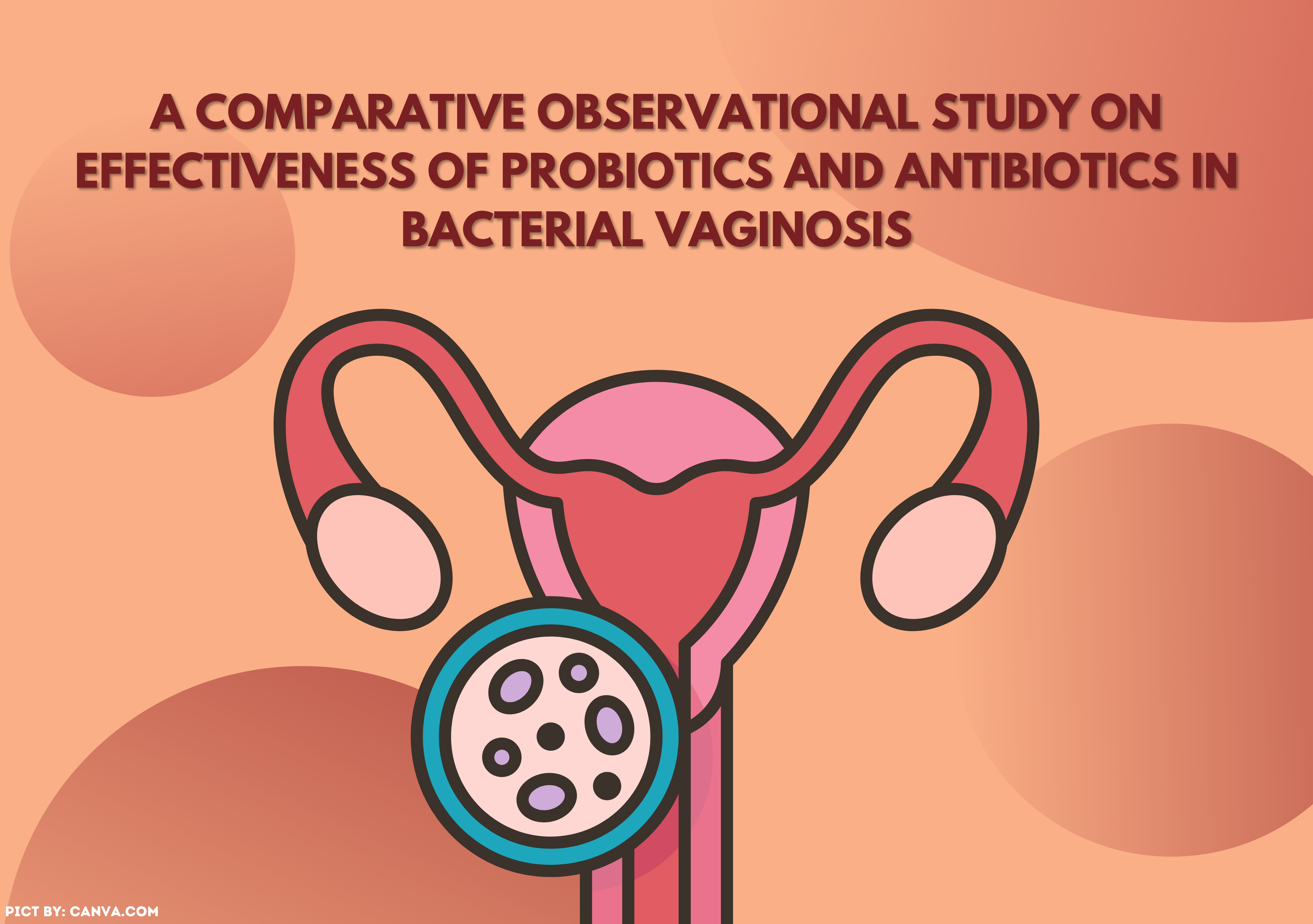CULTURALLY-SENSITIVE PSYCHIATRIC NURSING CARE: AN IMPORTANT PRELIMINARY INTERVENTION IN COMMUNITY-BASED ACUTE CARE SETTINGS
Downloads
ABSTRACK
Psychiatric nursing care is an indispensable aspect of the total health care services provided by nurses in both the acute and chronic care settings. This study investigated the extent of preliminary clinical nursing care provided by registered nurses in dealing with clients who have unique psycho-behavioral needs. It further looked into the relationship between the nurses' socio-economic profile including their ethnic affiliation and the acute care services offered to patients admitted in the regular hospital, non-psychiatric healthcare settings. It used a descriptive-correlational design through a validated and reliability-tested instrument responded by 113 staff nurses from six hospitals around Lanao del Sur. It involved the statistical analysis of data using frequency, weighted mean, and Pearson correlation. The findings show that the nurse-respondents of the selected hospitals in Lanao del Sur generally considers the extent of implementation of the six nursing care areas (counseling, milieu therapy, self-care activities, psychobiologic interventions & health-teachings, case management, health promotion and maintenance) as frequently done or as generally emphasized in about 75% of the time in their respective clinical areas. When tested at 0.05 level of significance, the p-value obtained was less than the critical value (p=0.00-0.006) revealing that the ethnic affiliation of nurses was significantly correlated to the health promotion and maintenance care that they provide to clients with psycho-behavioral pathologies. Therefore, nurses serving in acute clinical settings need to possess a significant amount of competency in psychiatric care to be able to render preliminary interventions despite non-specialist background. Nurses also have to be cognizant of the cultural history and background of the clients being served even at the preliminary phase of the nurse-patient interaction and accommodate them with nursing interventions based on transcultural competence.
Keywords: Culturally-sensitive psychiatric care, psycho-behavioral pathologies, preliminary psychiatric interventions, psychiatric care in acute settingsBarrett, T. et al. (2009) ‘Nurses are the key to improving mental health services in low- and middle-income countries: Short Communication', International Nursing Review. doi: 10.1111/j.1466-7657.2008.00687.x.
Blastorah, M. (2009) ‘The effect of mentoring on leadership self-efficacy in nurses', Lawrence S. Bloomberg Faculty of Nursing.
Brolan, C. E. et al. (2014) ‘Suranho healing: Filipino concepts of intellectual disability and treatment choices in Negros Occidental', Disability and Society. doi: 10.1080/09687599.2013.771899.
Castro, N., Capinpin, L., Esteban A., Fojas, E., Luis, A. (2014). Issues on mental health legislation in the Philippines
Conde, B. (2004) ‘Philippines mental health country profile', International Review of Psychiatry. doi: 10.1080/095402603100016.
Fraenkel, J. R., Wallen, N. E. and Hyun, H. H. (2012) How to Design and Evaluate Research in Education, 8th Edition (2012), Climate Change 2013 - The Physical Science Basis.
Gallego, R. I. F. (2018) ‘Structured Mentoring Strategies: Its Correlation to the Clinical, Leadership and Research Skills of Novice Nurses', JPAIR Multidisciplinary Research. doi: 10.7719/jpair.v33i1.605.
Hamid, H. et al. (2008) ‘Evaluating the WHO Assessment Instrument for Mental Health Systems by comparing mental health policies in four countries', Bulletin of the World Health Organization. doi: 10.2471/BLT.07.042788.
Kane, C. F. (2015) ‘The 2014 scope and standards of practice for psychiatric mental health nursing: Key updates', Online Journal of Issues in Nursing. doi: 10.3912/OJIN.Vol20No01Man01.
Patel, V. et al. (2016) ‘Global Priorities for Addressing the Burden of Mental, Neurological, and Substance Use Disorders', in Disease Control Priorities, Third Edition (Volume 4): Mental, Neurological, and Substance Use Disorders. doi: 10.1596/978-1-4648-0426-7_ch1.
Saxena, S. et al. (2007) ‘WHO'S assessment instrument for mental health systems: Collecting essential information for policy and service delivery', Psychiatric Services. doi: 10.1176/ps.2007.58.6.816.
‘The world health report 2001 ” Mental health: new understanding, new hope.' (2001) Bulletin of the World Health Organization. doi: 10.1590/S0042-96862001001100014.
Wand, T. (2004) ‘Mental health liaison nursing in the emergency department: On-site expertise and enhanced coordination of care', Australian Journal of Advanced Nursing.
Wand, T. and Happell, B. (2001) ‘The mental health nurse: Contributing to improved outcomes for patients in the emergency department', Accident and Emergency Nursing. doi: 10.1054/aaen.2000.0248.
World Health Organization, & International Council of Nurses. (2007). Atlas: Nurses in mental health 2007
World Health Organization (2000) ‘Mental health and work: Impact, issues and good practices', WHO.
World Health Organization (2003) ‘Guidelines nursing and midwifery workforce management', SEARO Technical Publication.
- The authors agree to transfer the transfer copyright of the article to The Indonesian Journal of Public Health effective if and when the paper is accepted for publication.
- Authors and other parties are bound to the Creative Commons Attribution-NonCommercial-ShareAlike 4.0 International License for the published articles, legal formal aspect of journal publication accessibility refers to Creative Commons Attribution-NonCommercial-ShareAlike 4.0 International License (CC BY-NC-SA), implies that:
- Attribution ” You must give appropriate credit, provide a link to the license, and indicate if changes were made. You may do so in any reasonable manner, but not in any way that suggests the licensor endorses you or your use.
- NonCommercial ” You may not use the material for commercial purposes.
- ShareAlike ” If you remix, transform, or build upon the material, you must distribute your contributions under the same license as the original.































